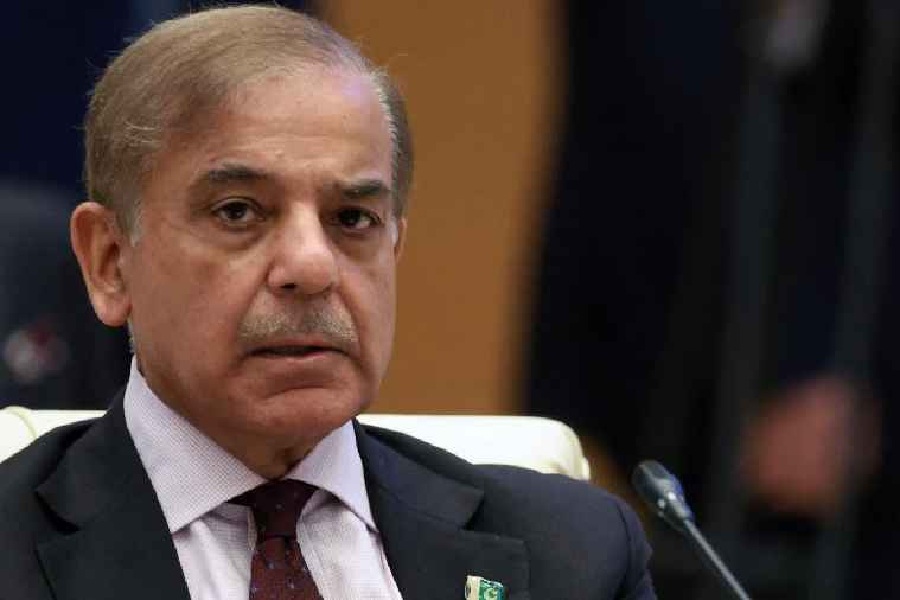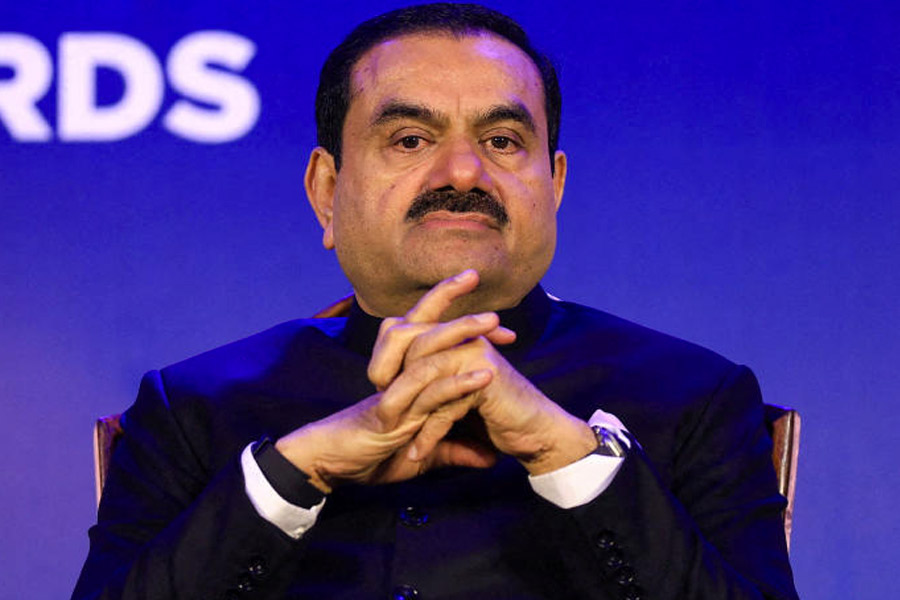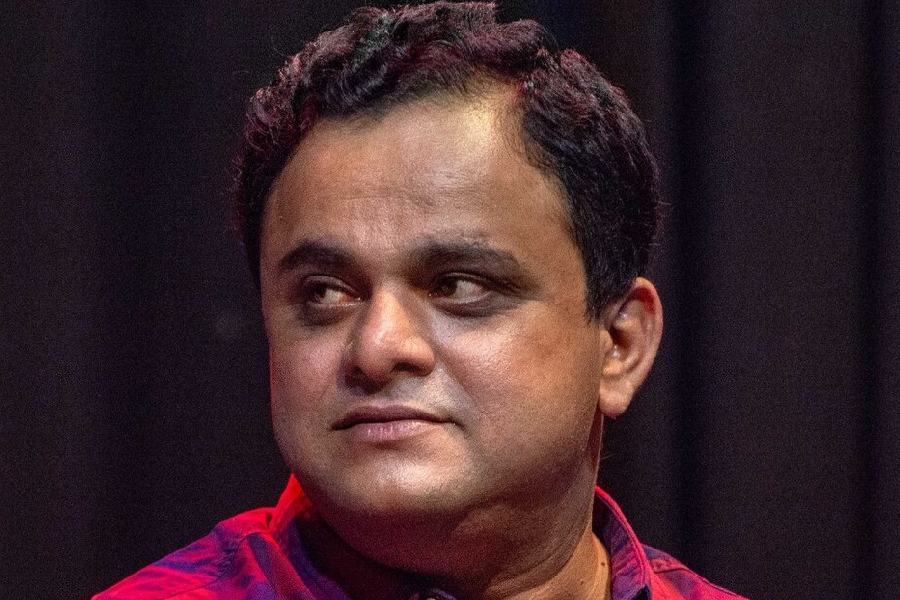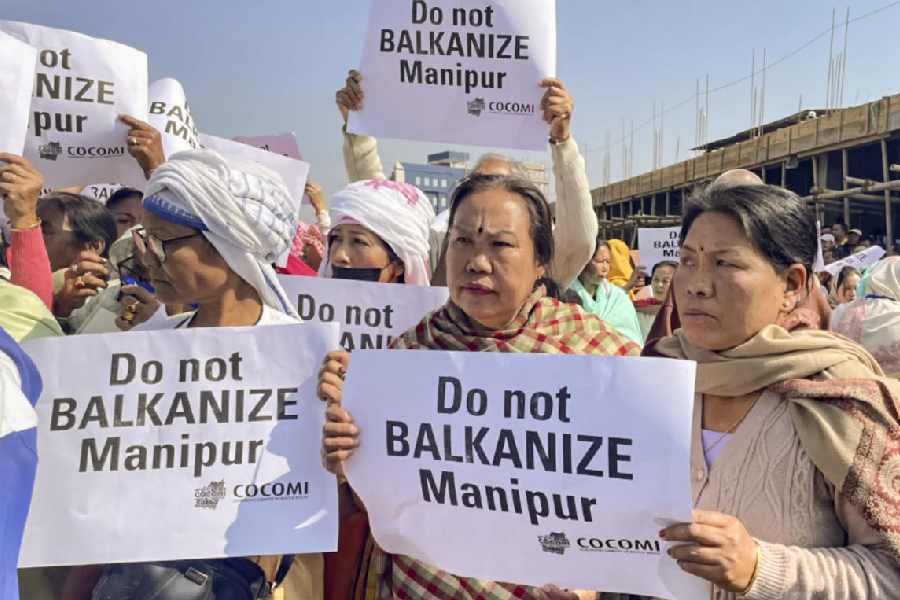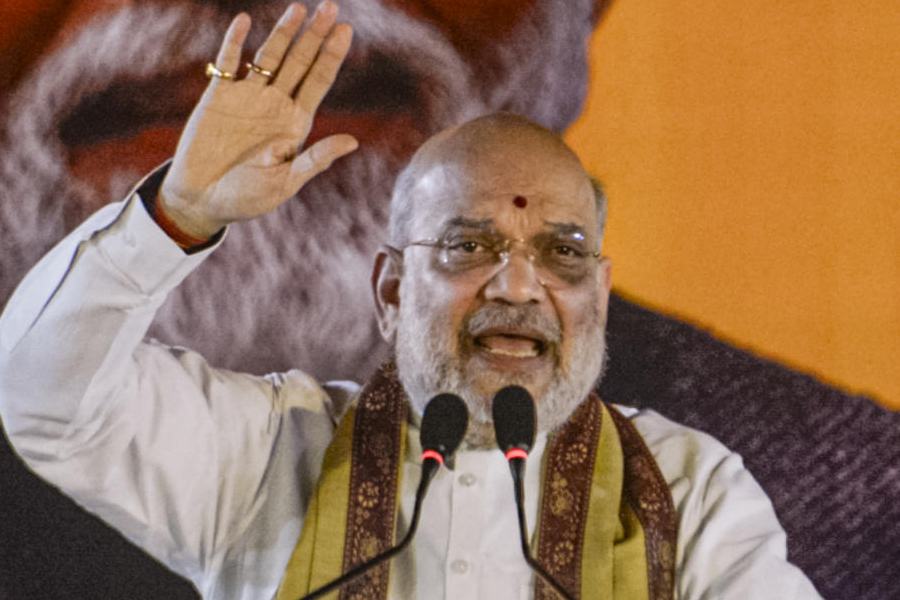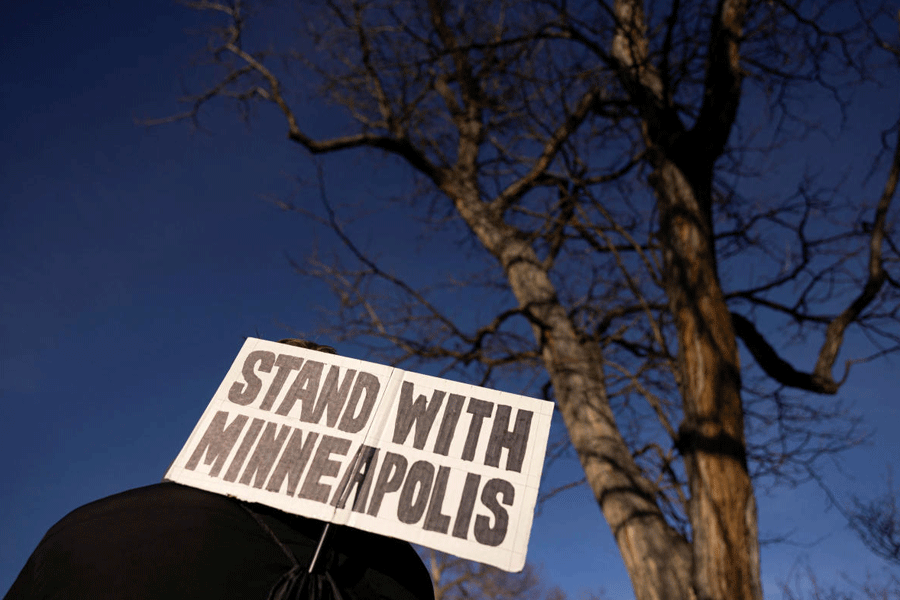The Union cabinet on Wednesday approved a bill to amend the Constitution to restore the rights of the states to maintain their own lists of Other Backward Classes (OBCs).
“The cabinet has approved the bill to amend the Constitution to ensure states get back their power to maintain their list of OBCs,” said a senior government functionary, who did not wish to be named.
In May, the Supreme Court had struck down the Maharashtra government’s inclusion of Marathas under the OBC quota in 2018 as “unconstitutional”. It analysed Article 342A and said the Centre alone can maintain the OBC list.
The apex court had ruled that under the 102nd constitutional amendment by which Article 342A was engrafted, only the National Commission for Backward Classes can have the final say on the preparation of the list of backward classes.
Article 342A states: “The President may with respect to any State or Union Territory, and where it is a State, after consultation with the Governor thereof, by public notification, specify the socially and educationally backward classes which shall for the purposes of this Constitution be deemed to be socially and educationally backward classes in relation to that State or Union Territory, as the case may be.”
The Centre has an overall OBC list, which is the basis for the 27 per cent quota in central government jobs and higher education seats. But earlier the states too had their own OBC lists — which tended to include additional castes — and their own OBC quotas for state-level jobs and college and university seats.
After the apex court ruling, OBC groups had criticised the Centre for ambiguity in the law.
“When the government brought the (102nd constitutional amendment) bill in 2017, this lacuna was pointed out. But the government ignored it. This (new) bill is not anything extra but a corrective measure for its own mistakes,” said G. Karunanidhi, national general secretary of the All India OBC Federation.
Shashank Ratnoo, a Supreme Court lawyer and a researcher on OBC issues, welcomed the government decision.
“Whatever apprehensions and ambiguities had arisen post the Supreme Court judgment in the Maratha case has been taken care of by the restoration of states’ powers to identify OBCs. It’s a welcome and proactive move by the Centre which will again restore the powers of state governments in the interests of OBCs as well as in the spirit of federalism,” Ratnoo said.
When the bill was referred to a select committee of Parliament in 2017, the matter of states losing their right was raised. Trinamul MP Sukhendu Sekhar Roy had submitted a note of dissent.
“The proposed amendments to the Constitution of India through the present bill appear to be against the spirit of cooperative federalism. The proposed amendment to the Constitution through this Bill undermines the role of state governments and state commission for backward classes,” Roy had said.
However, the committee had overruled the objections.



